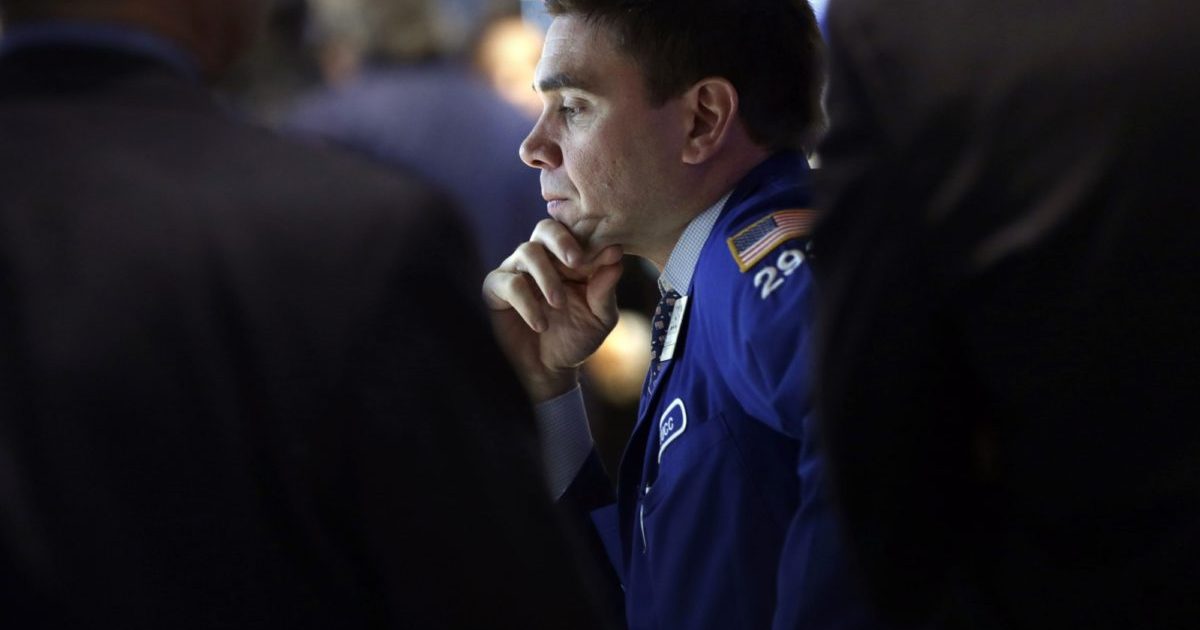- The Dow Jones is set to open with a 450-point drop as coronavirus fears continue to grow.
- Historic levels of institutional sell-off led the pullback on February 27.
- The coronavirus outbreak is expected to peak in May and stock market remains vulnerable.
The Dow Jones Industrial Average (DJIA) is set to open with a 450-point drop, after plummeting by more than 1,200 points on February 28. Fears of a local coronavirus epidemic in the U.S. has paralyzed the equities market.
Coronavirus fears put Dow Jones in “correction territory”
The World Health Organization (WHO) along with other world leaders including Australian Prime Minister Scott Morrison have warned against the possibility of a global coronavirus pandemic over the coming months.
In countries like South Korea and Japan, local epidemics have led to well over 2,000 confirmed coronavirus cases, prompting investors to frantically sell-off single stocks.
According to American activist Amy Siskind, the Dow Jones is now at risk of entering a “correction territory” as a result, and investors are fearing that the coronavirus outbreak could spread in the U.S.
She said:
“What does this mean? It means the markets do not believe Trump is being forthright or capable in his response. The market doesn’t feel comfortable enough to establish a floor because of lack of information and concern for incompetence.”
Heightened concerns towards a possible coronavirus outbreak in the U.S. comes after the Centers for Disease Control and Prevention (CDC) confirmed that a coronavirus patient in California was infected with no ties to other patients or to China.
The case indicates that there could be more individuals infected by coronavirus that are yet to be diagnosed by the authorities, which may trigger a community spread.
Despite growing concerns of investors, central banks are unable to issue large stimulus packages in the short-term.
One of the major problems with the recent Dow Jones pullback is that central banks all over the world have released significant stimuli to boost the economy throughout the past several months.
Additional stimulus packages at this phase of the market would have minimal impact on the Dow Jones, and would risk the long-term sustainability of the global economy.
Will historic levels of selling continue?
Trader Scott Melker described the correction of equities market in the U.S. as a historical sell-off.
Melker noted that institutional algorithms were like the primary sellers in the market on February 27, as large funds, investment firms, and high net-worth individuals rushed to exit the stock market.
He said:
Dow Futures are down another 500 points. Historic levels of selling are continuing for the moment. Institutional algorithms are likely triggering much of this movement at this point. Hard to get out of massive positions.
The coronavirus outbreak has been the single biggest factor behind the plunge of the Dow Jones and the global stock market. Studies from the U.K. and Hong Kong suggest that the peak of the outbreak is set to be reached in May.
As coronavirus fears continue to strengthen, the outlook on the Dow Jones is unlikely to improve unless the U.S. government respond with near-zero interest rates, signaling the start to a potential long-lasting recession.
This article was edited by Samburaj Das.




